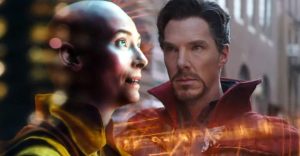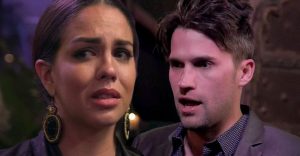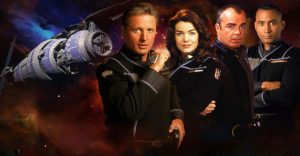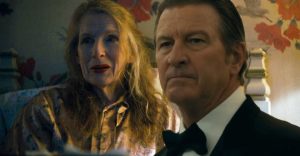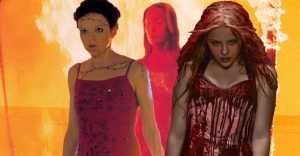Shang-Chi Post-Credits Scene Hints Marvel Is Fixing Its Biggest Hulk Mistake
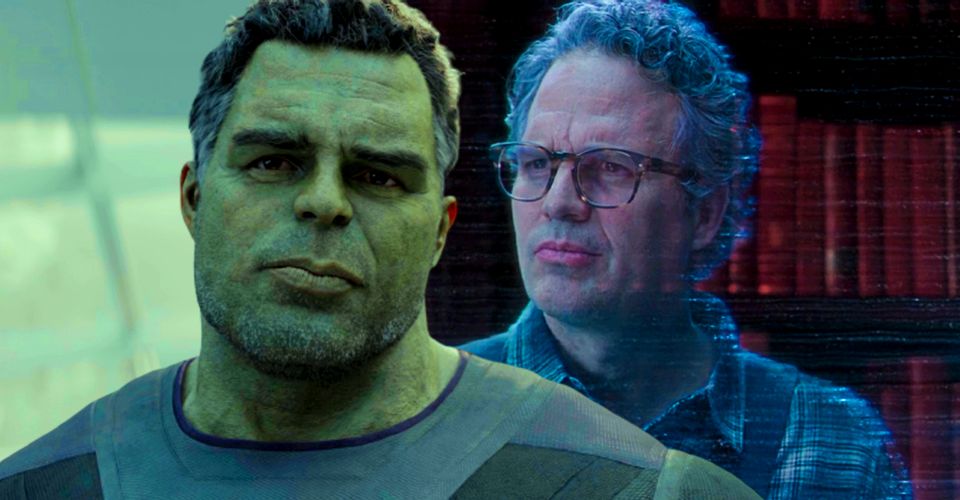
Bruce Banner’s (Mark Ruffalo) appearance in Shang-Chi and the Legend of Ten Rings‘ post-credits scene suggests that Marvel Studios is finally fixing its biggest Hulk mistake. As one of the original Avengers, the hero has been in the MCU since Phase 1. But unlike most of his fellow founding players, Marvel Studios seems still unsure how to approach the character, leading to some dubious creative decisions.
Debuting in the MCU in 2008’s The Incredible Hulk, the dual-identity hero was initially played by Edward Norton. However, the Hulk was recast for The Avengers with Ruffalo, who has been playing him since then. Unfortunately, given the complications with character rights, Marvel Studios hasn’t made another solo Hulk film. Instead, his arc has played out in the Avengers movies as well as his one-time team-up with Thor (Chris Hemsworth) in Thor: Ragnarok. Despite this, however, it isn’t difficult to see how much Banner has changed over the years, and it has affected the way he’s been incorporated in MCU’s storytelling.
Arguably the biggest change in the Hulk is his persona, particularly his Bruce Banner side. When Ruffalo’s version debuted in The Avengers, he was brooding and more serious. He somehow maintained that in Avengers: Age of Ultron, but he was significantly different when he reappeared a few years later in Thor: Ragnarok as he’d seemingly developed a sense of humor and relied far more on comedy. It’s largely due to Waititi’s lighter approach to the film that caused this revamp, just as it did with Thor. However, unlike the God of Thunder whose personality overhaul worked for the better, things backfired for Banner. In both Avengers: Infinity War and Avengers: Endgame, he was mostly used as a comedic prop, dishing out zingers and punchlines. But in his surprise appearance on Shang-Chi and the Legend of the Ten Rings, he appeared more subdued. Bruce Banner was neither the agitated version of himself experiencing a crisis after he was badly beaten by the Hulk nor the overly-humorous and confident iteration of Smart Hulk. He still had a sense of humor, but it was dry, which is reminiscent of his old self during his first interaction with Black Widow (Scarlett Johansson) in The Avengers and how he was through the first few movies.

On top of his personality switch, the Avenger also underwent a physical transformation. Instead of being Smart Hulk, he was back to his wholly Bruce Bannern form in Shang-Chi and the Legend of the Ten Rings. When Smart Hulk debuted in Avengers: Endgame, it didn’t appear to be a temporary state that could be undone, certainly not one that could switch back and forth at will. The film didn’t get into specifics about how Banner was able to meld his two personas; undoing this made sense, however, as Marvel Studios appears to still have more plans for the character. As Smart Hulk, his core conflict is essentially resolved, leaving the franchise with little to no potential narrative for him. Similarly, if the MCU maintains a more go-happy-lucky version of the character, it would be difficult to subject him to compelling arcs as it would seem like he’s finally achieved contentment in his life.
While Avengers 5 has yet to be announced by Marvel Studios, Hulk has already set his next appearance in the MCU after Shang-Chi and the Legends of the Ten Rings. Banner will be joining his cousin Jennifer Walters’ origin story in She-Hulk. The upcoming Disney+ series will debut Tatiana Maslany as Walters, and its first brief tease already showed Smart Hulk interacting with her. The show should confirm whether or not Marvel Studios is really walking back on its decision to change Hulk to be more of a comedic character — a decision that has proven to be divisive.
- Doctor Strange in the Multiverse of Madness (2022)Release date: May 06, 2022
- Thor: Love and Thunder (2022)Release date: Jul 08, 2022
- Black Panther: Wakanda Forever/Black Panther 2 (2022)Release date: Nov 11, 2022
- The Marvels/Captain Marvel 2 (2023)Release date: Feb 17, 2023
- Guardians of the Galaxy Vol. 3 (2023)Release date: May 05, 2023
- Ant-Man and the Wasp: Quantumania (2023)Release date: Jul 28, 2023
About The Author










